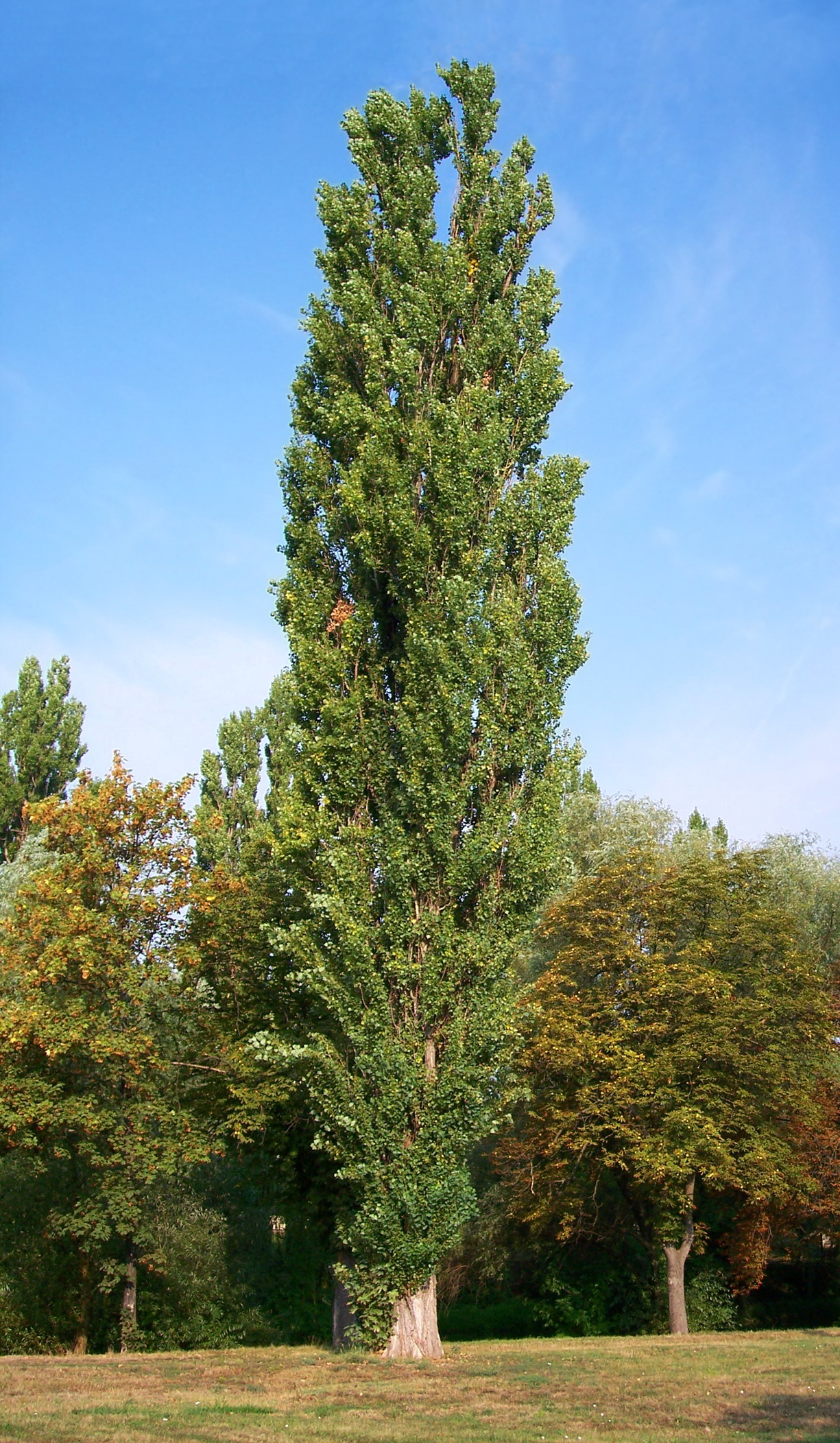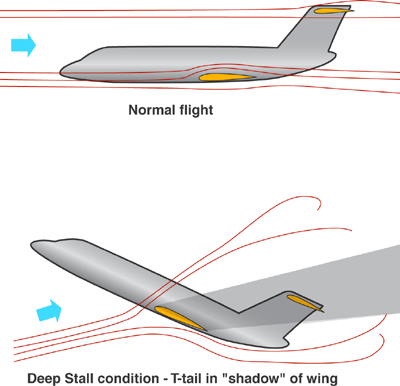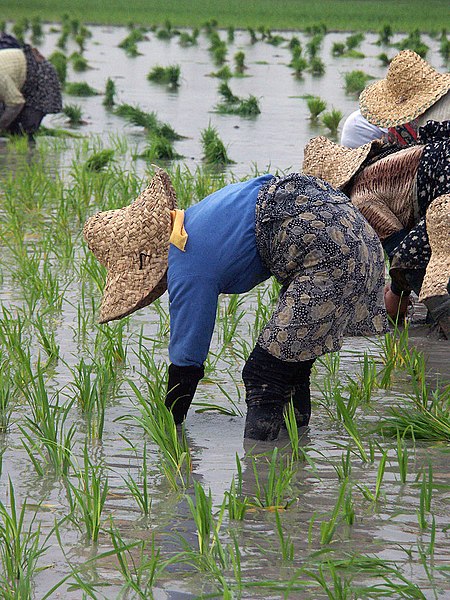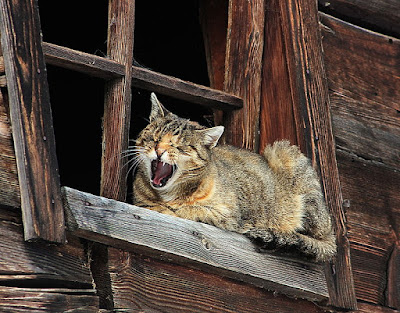CorporateNature Metaphor Series, No 90
Chimpanzees and bonobos are very similar genetically but very different behaviourally: chimps are aggressive while bonobos are peaceful apes.
In the corporate world, companies and cooperatives are similar legal entities but behave very differently: stock-market listed companies are aggressive in their drive for reporting quarterly profits, while employee-owned cooperatives (e.g. the John Lewis Partnership) are relaxed about profitability and more focused on building a collaborative culture.
The difference seems to be derived from the relationship with the external environment. Bonobos and chimps live on two opposite sides of the Congo River and diverged as two different species about 900,000 years ago. The environment on the left bank of the Congo, where the bonobos live, is less competitive as food is plentifu. On the other hand, the environment on the right bank, where the chimps are, is more stressful - partly because the chimps have historically had to share their habitat with their bigger cousins: the gorillas.
In the corporate world, it appears that "chimp" organisations that are obsessed with external competition also mirror this into internal competitiveness and aggressiveness. While the bonobos of the corporate world build their organisation on the basis of cooperation: like proper left-wing "Rive-Gauche" intellectuals.
 |
| Bonobo (Source: Wikipedia) |
























